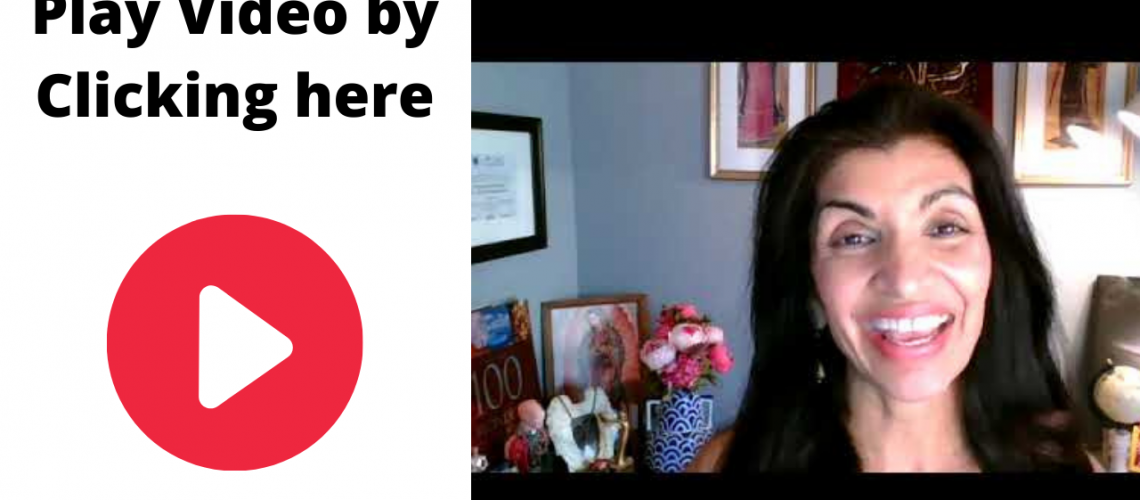Children are naturally intuitive and have the capacity to understand and develop this valuable way of perceiving and relating to their inner and outer experiences. Being able to interpret the information available to them and then to use energy management skills for establishing and maintaining grounding, life force energy, and energetic boundaries can lead to an increased sense of empowerment, greater resilience with challenging people and environments, and an overall sense of connectedness and wellbeing.
Today, it’s not enough to have one birds-and-the-bees talk; it needs to be an open, ongoing conversation. Author and activist Christa Desir explains why and how.
The first few times I talked to high school students about sexual assault, when we got to the Q & A section, I was inundated with what I call the “Does that count?” question.
“What if we’re both drinking, does that count?”
“What if she said yes but then in the middle she changes her mind, does that count?”
“What if neither of us remember the next day?”
This happened with different high school groups, and eventually, I realized that something was wrong with my presentation. I said, “You know what? Let’s reframe this. Let’s put the legality of this aside, and let’s look at this from the perspective of our own values. Do you want to have sex with someone who doesn’t remember it the next day? Do you want to not remember it the next day? Do you want to be someone’s regret? Or, would you rather be someone’s enthusiastic ‘yes’?”
With these questions, the conversation changed. It got much more open, honest, authentic and vulnerable. It turned out their questions weren’t what was wrong; I was. I was too busy pointing out all the scary and dangerous places where sex can go that I forgot to talk about the wonderful, amazing, awkward and beautiful places. And I’m not the only one.
By only talking to our kids about the dangers of sexual violence, we’re leaving girls feeling afraid and boys feeling indicted. We need to give them the chance to explore their sexual curiosity, and we need to guide them through this very complicated, modern sexual world with transparency, honesty, non-judgment and vulnerability.
Unfortunately, we put sex in the same category of risky behaviors as vaping, texting while driving, and sniffing glue, instead of as something that many of us will do throughout the course of our lifespan. Furthermore, we’re failing to give our young people a language around consent. We are not helping them develop a voice to unapologetically own their “No”s and enthusiastically declare their “Yes”s.
How do we do this? The first step is to create an understanding in children around consent. This understanding needs to start young. They should learn about good touch and bad touch and the difference between them, that their bodies are their own to make decisions about, and that we are listening to them.
This might mean when you bring your child to a big family party, you don’t insist they hug and kiss every single person in the room. In schools, if it’s not a safety issue, perhaps we don’t require that they hold hands with the person next to them in a circle. What kind of message are we sending kids if we tell them, “Your bodies are your own to make decisions about, but you have to hold the next person’s hand because that’s the nice thing to do”? This is a mixed message, and it’s not good for kids. We also need to give kids the opportunity to say “Yes.” In my house, that means I’ll say to my son, “Hey, buddy, you look kind of sad. Could you use a hug?” and he’ll tell me if he does.
Talking to Your Child About Sex
- Don’t discredit love. … Share age-appropriate stories of love.
- Don’t abstain from educating your own children. … Children who receive sex education at home are actually less likely to engage in risky sexual activity. Having open communications with children about sex and other matters is healthy and safer in the long run.
- Talk about sex early and often. …
- Avoid sexuality conversations that are all “don’ts.” Parents often recount that they speak to their teens often about sex. …
- It’s don’t, don’t, don’t. … The scientific evidence is clear. While abstinence is theoretically effective in preventing pregnancy, in actual practice, intentions to abstain from sexual activity often fail. … In other words, comprehensive sexuality education helps young people remain abstinent, while abstinence–only education does not.
- Right time, right place. …
- Be real. …
- Empower your children.
Sex, Porn & Manhood | Warren Binford | TEDxSalem
The impact of internet porn on developing brains. Interpretation for TEDxSalem 2017 was provided by student interns through a collaboration between Western Oregon University, TEDxSalem, and the Deaf and interpreting communities of Oregon.
The volunteer student interpreters were supported by volunteer, certified interpreters in order to minimize potential errors. Your support of these pre-professional interpreters’ growing skills is appreciated.
Warren Binford works to improve the lives of children wherever she goes. A Willamette University professor, she taught middle school in South Central LA before Teach for America was a thing.
She served abused and neglected children as a Court Appointed Special Advocate, and picked law as a career to protect kids. This talk was given at a TEDx event using the TED conference format but independently organized by a local community.
Learn more at http://ted.com/tedx
How Porn Skews Sexual Expectations | Cindy Pierce | TEDxKenmoreSquare
Cindy Pierce urges parents to step into their role as the primary sexuality educators for their children and encourages schools to develop comprehensive sexuality education, including porn literacy. Informed kids tend to be more discerning about what they consume on devices and better equipped to navigate cultural messaging online and off.
Cindy Pierce is an author, educational speaker, storyteller, innkeeper and mother of three young adults. Combining years of research and comic storytelling, she engages audiences with her message about how proactive sexuality education helps young people make healthier choices and navigate cultural pressures.
Cindy is the author of Sexploitation: Helping Kids Develop Healthy Sexuality in a Porn-Driven World and Sex, College and Social Media: A Commonsense Guide to Navigating the Hookup Culture.
This talk was given at a TEDx event using the TED conference format but independently organized by a local community.
Learn more at https://www.ted.com/tedx
What young women believe about their own sexual pleasure | Peggy Orenstein
Why do girls feel empowered to engage in sexual activity but not to enjoy it? For three years, author Peggy Orenstein interviewed girls ages 15 to 20 about their attitudes toward and experiences of sex.
She discusses the pleasure that’s largely missing from their sexual encounters and calls on us to close the “orgasm gap” by talking candidly with our girls from an early age about sex, bodies, pleasure and intimacy.
The TED Talks channel features the best talks and performances from the TED Conference, where the world’s leading thinkers and doers give the talk of their lives in 18 minutes (or less). Look for talks on Technology, Entertainment and Design — plus science, business, global issues, the arts and more.
Follow TED on Twitter: http://www.twitter.com/TEDTalks
Like TED on Facebook: https://www.facebook.com/TED
Subscribe to our channel: https://www.youtube.com/TED

